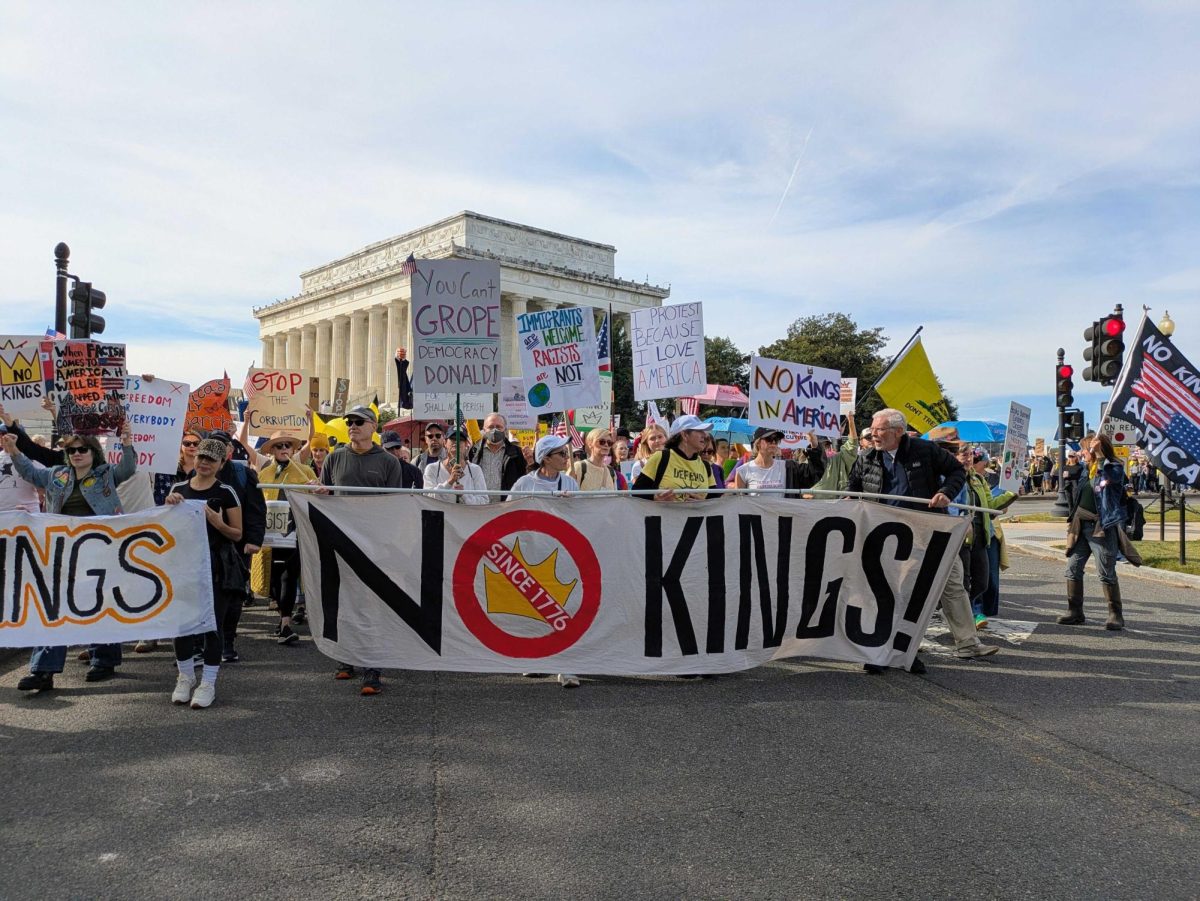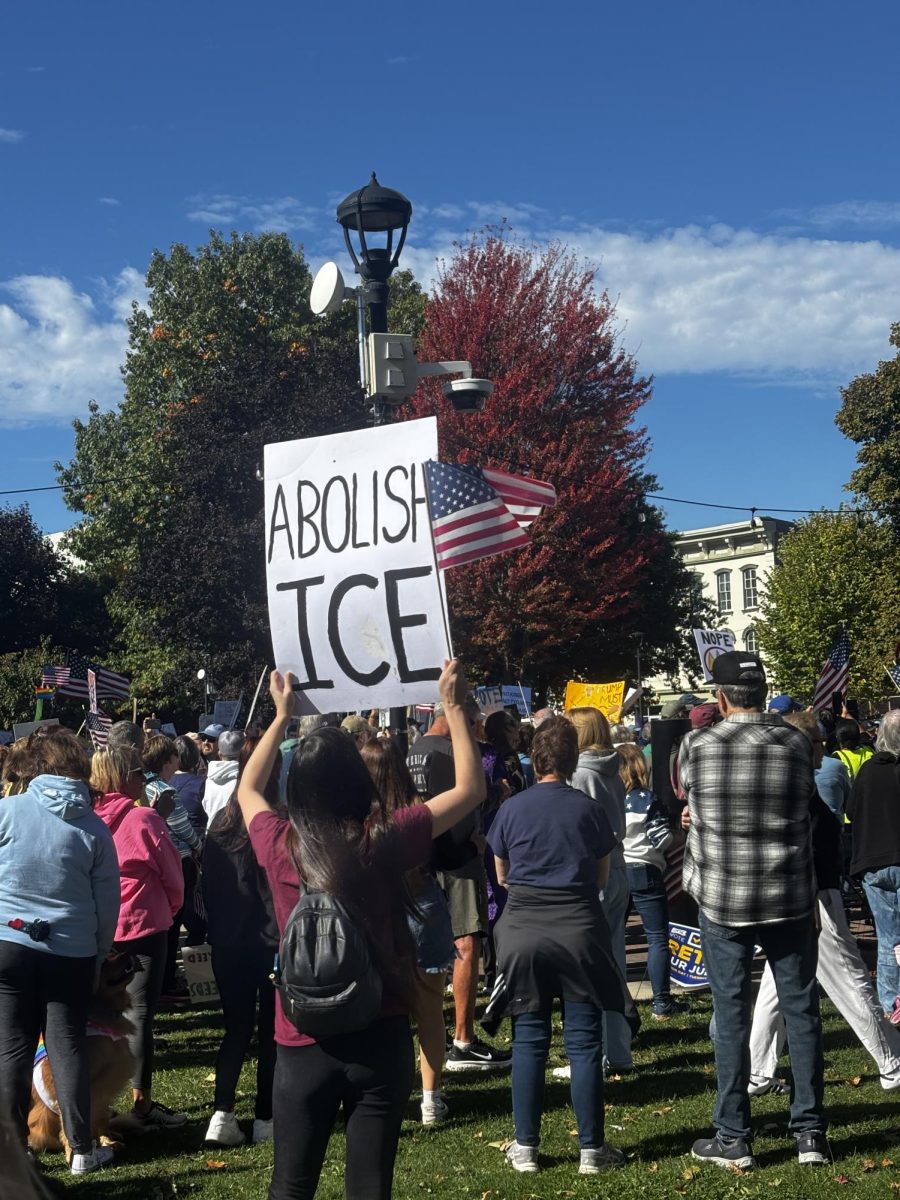The intersections of the personal and the political
How politics affects everyday life, whether we like it or not
September 14, 2021
This semester, I am enrolled in more women’s studies courses than English courses. I guess that’s what happens when you put most of your minor classes off until your senior year.
But, I’m not complaining. In fact, I love the classes I’m taking and the topics they cover, and it was my plan from the beginning of my time at Gannon to be a women’s studies minor.
One of the questions that has been asked in two of my classes is, “Is the personal political?”
Coined in the 1960s during second-wave feminism, this question was originally a slogan for the women’s rights movement. Now, it is a more complex question that applies to several aspects of life.
This question seems complex, and that’s because it is. But what does it mean exactly? What is it asking?
In basic terms, it is asking if the parts of our lives that are personal – our gender identities, our jobs, our sexual orientations, our education, our family dynamics – are political.
It underscores the connections between personal human experience and larger political institutions and structures.
And when it’s not in-your-face, it can be difficult to acknowledge that the personal is, in fact, political.
Think about it this way – what aspects of your life are influenced by our political system and institutions? I’ll answer that for you – every aspect.
Your livelihood is dependent on your race, your gender identity, your sexual orientation, your family structure, your socioeconomic class, and all these things are – unfortunately — affected by our political systems.
Think about elections and the issues that candidates base their platforms on: issues that pertain to race, gender, class, sexual orientation and citizenship status all proliferate political campaigns.
A person’s ability to access health care is politicized by the free health care debate. Someone’s ability to feed their family is politicized by the welfare debate.
A woman’s right to choose is politicized by the abortion debate. The quality of the public school a child attends is dependent on their socioeconomic status.
If you think about it, everything is determined by legislation. And, unfortunately, legislation has an inseparable relationship with politics.
Those politicians who are voted into office are the ones creating and passing the legislation that restricts abortion access, redlines election districts and cuts school district funding to schools in impoverished areas.
Those people who are thus affected by that legislation face adverse impacts on their lives. The woman who can’t afford to have a child can’t access a safe abortion, and resorts to illegal, unsafe practices that could risk her life.
Those Black residents who live in the redlined districts are consistently forced into poverty because their neighborhood is thought to have property values that are likely to fall.
Those students who attend a school district that is underfunded won’t have the same access to education and subsequent success as their counterparts who attend a well-funded school district.
Whether we like it or not, our lives are constantly affected by politics. The personal can’t help but be political, because the political is constantly determining the quality of the personal.
And most of the time, that is dependent on race, class, gender, sexual orientation, citizenship status and more.
I can’t definitively say how we can make the personal less political. I don’t even feel like that’s possible, at this point.
All we can do to better the livelihood of everyone is to base policy on equity. But sometimes, that’s too much to ask.
MADELINE BRUCE



